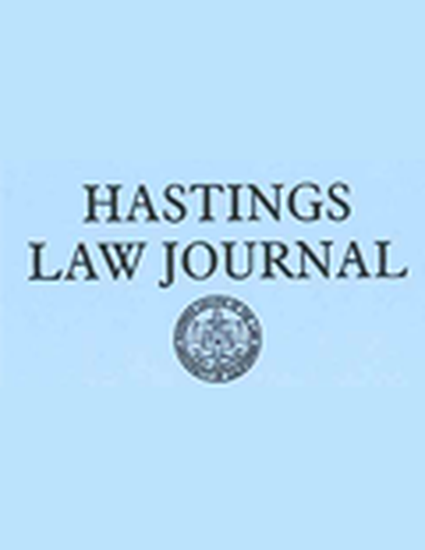
As technology rolls out ongoing and competing streams of payments innovation, exemplified by Apple Pay (mobile payments) and Bitcoin (cryptocurrency), the law governing these payments appears hopelessly behind the curve. The patchwork of state, federal, and private legal rules seems more worthy of condemnation than emulation. This Article argues, however, that the legal and market developments of the last several decades in payment systems provide compelling evidence of the most realistic and socially beneficial future for payments law. The paradigm of a comprehensive public law regulatory scheme for payment systems, exemplified by Articles 3 and 4 of the Uniform Commercial Code, has faded in relevance, while federal law has grown in a specialized consumer protection role. Meanwhile, private contract law has expanded to fill gaps where payment technology has exceeded the scope of public law.
The evidence of the successes and failures of payments law in the face of rapid technological development shows that the field is not best governed by comprehensive public regulation on the Uniform Commercial Code model, but that public law still has an important, albeit narrower, role for the future. The most beneficial paradigm for governance of payment systems is a division between (1) private law handling systemic matters of operation, and (2) public law focused on protecting payment system end-users from oppression, fraud, and mistake. This demarcation of lawmaking responsibilities has the greatest track record of success and is the most capable of dealing with a foreseeable future of unforeseeable innovations.
